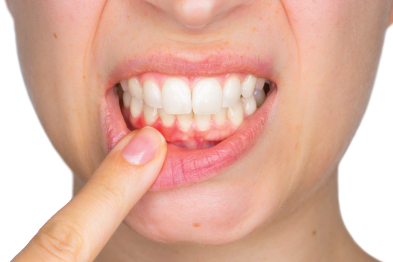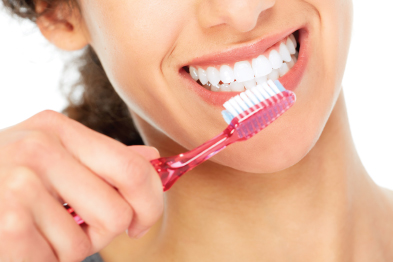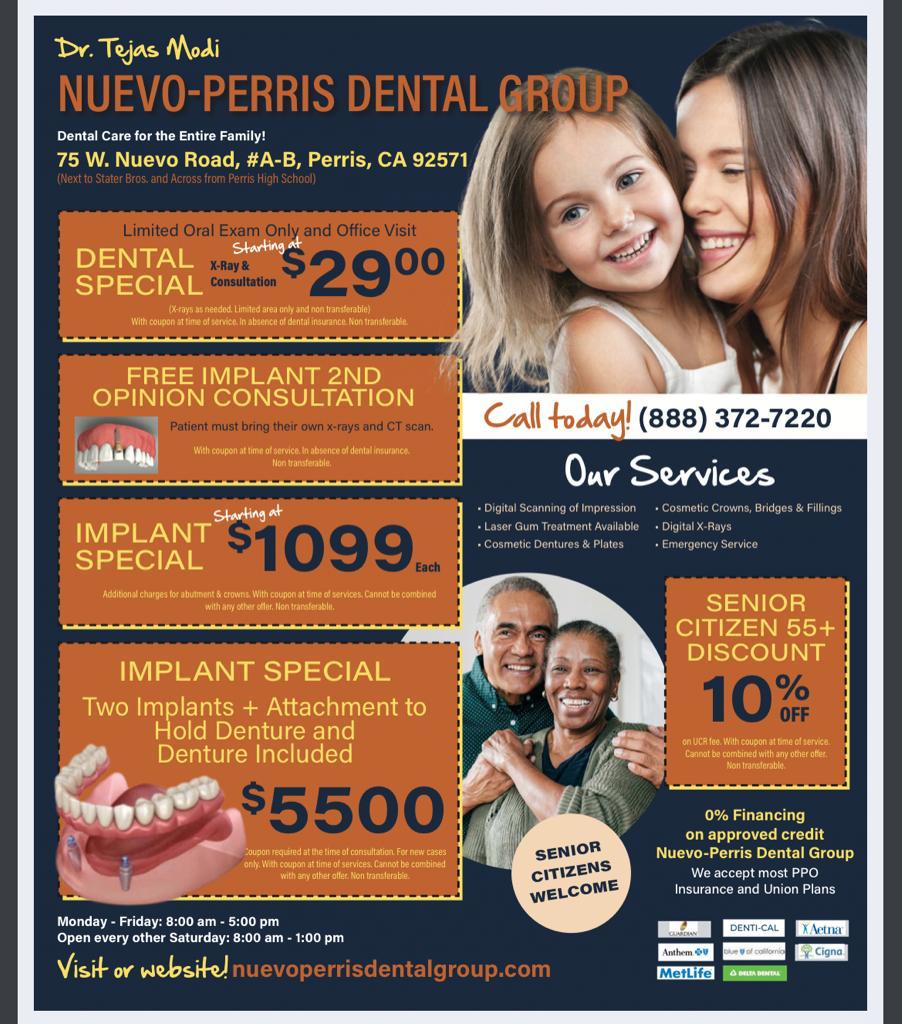Common Dental Emergencies and First Aid
Common Dental Emergencies and First Aid
There are several common dental emergencies that can occur, and knowing how to respond to them can help provide temporary relief until you can see a dentist. Here are a few common dental emergencies and their corresponding first aid measures:
Toothache: Rinse your mouth with warm saltwater to clean the area. Use dental floss to gently remove any food particles that may be causing the pain. If the pain persists, avoid placing aspirin directly on the tooth as it can burn the gum tissue. Instead, use a cold compress on the outside of your cheek to reduce swelling and take over-the-counter pain relievers as directed.
Knocked-out tooth: Handle the tooth by the crown (the part you normally see in the mouth) and rinse it gently with water, being careful not to remove any attached tissue fragments. If possible, try to place the tooth back in its socket while gently biting down on a clean gauze or a moistened tea bag to keep it in place. If this isn’t possible, put the tooth in a clean container with milk or saliva and take it with you to the dentist immediately.
Broken or chipped tooth: Rinse your mouth with warm water to clean the area. If you’re experiencing pain, use a cold compress on the outside of your cheek to reduce swelling. Save any broken tooth fragments and take them with you to the dentist.
Lost filling or crown: Clean the area with warm water and use dental cement or temporary dental adhesive (available at most drugstores) to temporarily reattach the crown or filling until you can get to your dentist.
Abscessed tooth: An abscessed tooth is a painful infection that occurs around the tooth root or in the space between the teeth and gums. Rinse your mouth with warm saltwater to help draw out the pus and relieve pain. Avoid placing aspirin directly on the affected area as it may burn the gum tissue. Take over-the-counter pain relievers as directed and see a dentist as soon as possible.
Remember, these first aid measures are only temporary solutions, and it’s crucial to see a dentist for proper diagnosis and treatment as soon as possible. Dental emergencies should never be ignored, as prompt treatment can often save a tooth and prevent further complications.



